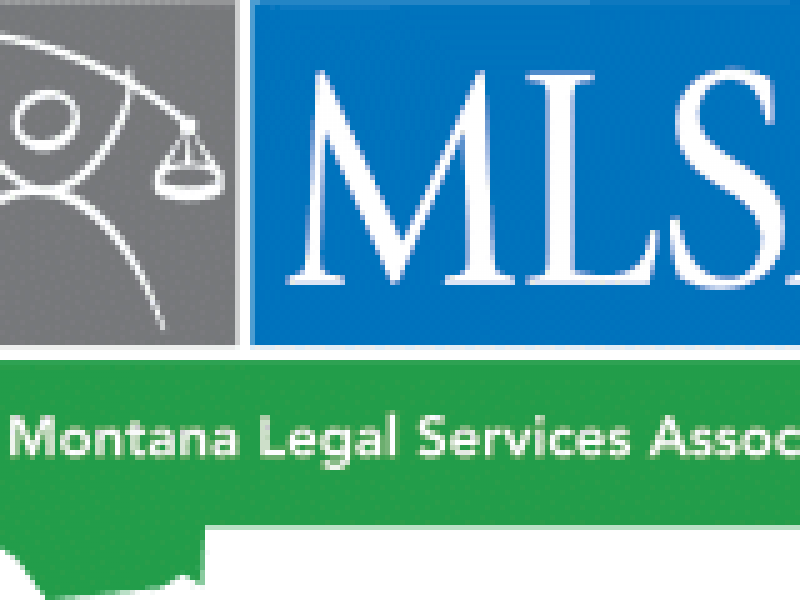
Document Author(s):
Year Published:
State:
Region:
Tags:
News: Montana Legal Services Steps In to Protect SRL Rights (Tashea 2017)
Without $60, Montana Courts were going to leave Troy and Wendy Hadley out in the cold.
In February 2016, the Hadley’s received an eviction notice from the Montana Housing Authority. Without income and receiving food stamps, the Hadley’s wrote their own petition requesting a fee waiver so that they could respond to the eviction. The presiding judge denied the request, which meant the Hadleys would not be allowed to respond in court unless they came up with the money.
Luckily for the Hadleys, the Montana Legal Services Association took their case and petitioned the Montana Supreme Court, which ultimately found error in the lower court’s determination. It was not only a win for the Hadleys, but also a moment to appreciate the impact of MLSA’s broad-based advocacy approach.
Around the country, ability to pay calculations are often antiquated and ad hoc. The Hadleys’ situation in Montana illustrates the need for state advocacy groups to intervene on behalf of indigent self-represented litigants so that the access to justice gap can be closed for others.
In Montana, the law was not clear about how to make an ability to pay determination for fee waivers. Further, judges do not have to provide reasoning for granting or denying the application. Without standards and structure, inconsistent and seemingly arbitrary decisions abound throughout the state.
While legal aid clients are automatically presumed to qualify for court fee waivers, other court users, including those without attorneys, must complete financial statements, submit them to the court and wait for a decision. If denied, most have no recourse since legal aid resources are scarce and hiring a private attorney is cost-prohibitive.
When the Hadleys’ fee waiver application was denied, the couple approached the Missoula County Legal Aid Office. MLSA’s sole housing attorney, Amy Hall, based two hours away in Helena, agreed to represent the Hadleys.
Hall pursued a petition for writ of supervisory control, which asked the Montana Supreme Court to require the trial judge to grant the Hadleys’ fee waiver request. In the petition, she also asked the Court to stay the eviction proceedings until the fee waiver issue was resolved.
Supported by an amicus brief from Randall Snyder, a private attorney and member of the Access to Justice Commission and its Self-Represented Litigant Committee, MLSA obtained a favorable ruling by the Supreme Court in August 2016. The ruling remanded the case to the Justice Court for a redetermination of the Hadleys’ ability to pay court fees.
Hall says the victory was a morale boost for the program and staff.
“We had been talking for years about the importance of doing impact work and broad based advocacy, but we didn’t have many success stories,” says Hall. “This victory helped all of us understand the impact we could have statewide and why broad-based advocacy is important.”
By understanding how the Hadleys’ situation was indicative of a system-wide access to justice issue, MLSA secured the ability of all low-income Montanans to access the court system in spite of their inability to pay court fees.
Moving forward from this success, Hall encouraged other legal aid programs to think about the impact broad-based advocacy can have on not only their clients, but all people that need access to the courts.